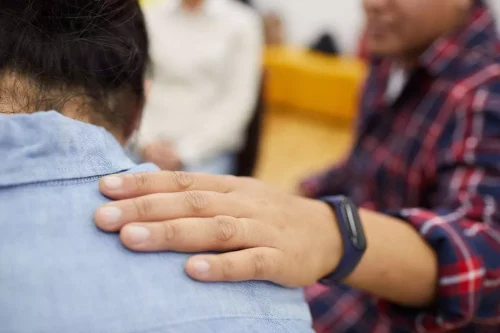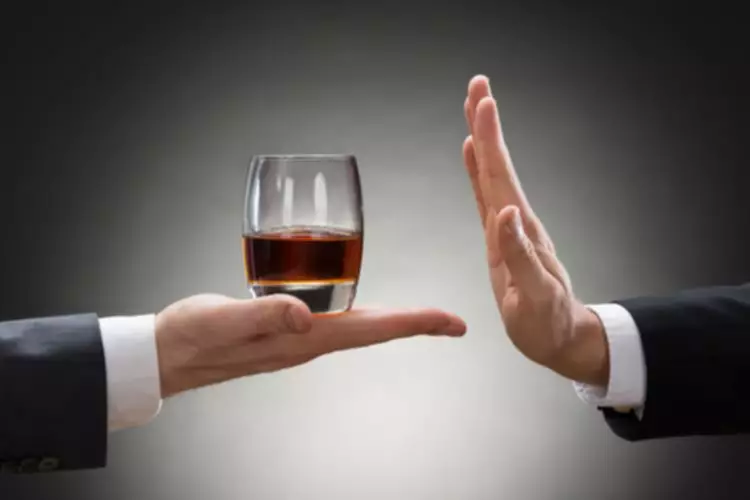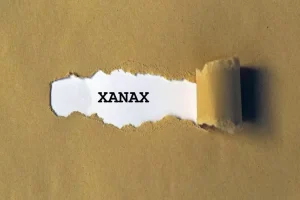
For healthy adults, moderate drinking means up to one drink a day for women of all ages and two drinks a day for men. A ”drink” in this case is considered a 5-ounce glass of wine or 12 ounces of bee (5% alcohol, less for stronger beers, so be sure to read the label). Drinking dark liquors (such as whiskey) tends to lead to more severe hangovers due to chemicals called congeners in the drinks. Getting food in your belly the morning after a night of imbibing can give blood sugar levels a needed boost, says Dr. Waters. But filling your already stressed stomach with greasy, heavy food isn’t the best option.
The Hangover Timeline: When Does It Begin & End?
- But the best hangover cure is to wait it out and drink lots of water.
- In one small study, a drink made from red ginseng cut down hangover symptoms.
- With alcohol ingestion, the effects on the liver are generally long term effects that are not noticeable until years of liver damage have caused liver failure.
- Food will help restore your blood sugar and can help you feel better.
It’s a good idea to have someone on hand to let you know if you’re perhaps consuming too much. The fluctuations in blood sugar that accompany drinking can lead to negative moods, which might include anxiety and anger as well as mood instability. This means it is difficult to predict the number of drinks or the amount of alcohol that will cause a hangover. However, generally, if a person drinks enough to feel intoxicated, they have a greater chance of experiencing a hangover. Most people who get hangovers can diagnose themselves based on their alcohol consumption and symptoms.

The timeline depends on several things
At first, this can be beneficial, making you feel relaxed as your blood pressure is lowered. The following are some questions people frequently ask about hangovers. In this article, read about hangover duration, remedies, prevention, and when to consult a doctor. Hangovers tend to go away on their own, even if you don’t do anything.
Vitamin and electrolyte loss
Hydration can help to ease a hangover but it does not completely alleviate the symptoms. Hangover “patches” are basically vitamin-infused stickers that you apply to your skin before drinking. The idea is that you absorb the vitamins through your skin to counteract the negative effects of alcohol. The best way to prevent hangovers is to avoid drinking. If you find that you are unable to control your drinking, it is essential to seek help. Light-colored alcohols, such as vodka or white wine, have fewer congeners (hangover-causing toxins).

Other things you do — or don’t do — when you drink alcohol can affect whether you get a hangover and how bad it is. If you don’t eat anything and drink on an empty stomach, for example, you may feel worse because your bloodstream will take in the booze more quickly. And if alcohol use disorder how long does a hangover last runs in your family, you may have certain genes that affect the way you process liquor. If hangover symptoms are severe — during or after a bout of drinking — the person may have alcohol poisoning. The symptoms of a hangover generally start when blood alcohol levels drops considerably.
Stick to one type of alcohol
That’s because it may help lower your chances of getting kidney stones. There’s no greater “wet blanket” on an otherwise joyous occasion than a hangover. Clear liquors, such as vodka and gin, have comparatively lower concentrations of congeners. Thanks to generous benefactors, your gift today can have 5X the impact to advance AI innovation at Mayo Clinic. Hangovers are miserable, but most subside within 24 hours. Drinking in moderation is key if you want to avoid them.

While most over-the-counter hangover remedies won’t help much, there’s one supplement that may do you some good – but you’ll have to plan ahead. Korean pear (Asian pear) juice is an old-school hangover remedy. Research shows that drinking about 7½ ounces helps lower blood alcohol levels and makes hangovers less intense. The catch is that you need to drink it before you have alcohol. You’ll start feeling the effects of a hangover hours after you stop drinking. Symptoms of a hangover can be mild or serious, depending on how much and what you drank.
How much alcohol does it take to get a hangover?
When you drink, alcohol holds back a brain chemical called glutamate. When the alcohol wears off, you have a bunch of it floating around in your brain. It may be to blame for hangover symptoms like crankiness, headaches, nausea, and fatigue.
- The fluctuations in blood sugar that accompany drinking can lead to negative moods, which might include anxiety and anger as well as mood instability.
- However, people can take steps to relieve many of the symptoms, such as drinking water, eating fruit, and resting.
- Rehydrate with water or an electrolyte-rich sports drink.
- It’s also smart to keep a bottle of water by your bedside.
- Hangover headaches are common enough, but they can have an impact on daily life.
- Studies have found that people who were hungover had high levels of cytokines, proteins that act as messengers for your immune system.
The headaches often occur along with other symptoms related to drinking alcoholic beverages. You may notice these effects after you drink alcohol and then sleep for a few hours. Generally, hangovers are characterized by discomfort—and you may want to stay in bed all day. Sometimes, hangovers can be more serious and can cause health issues that require medical attention. Some people deficient in a protein called alcohol dehydrogenase 2 (ALDH2) may experience some symptoms similar to a hangover during intoxication.

While they generally resolve on their own after several hours, there are some strategies for managing a hangover. But they can cause major health issues, especially if you are not in good health to begin with. There are treatment approaches that can relieve some of the severe effects of a hangover. In https://ecosoberhouse.com/ addition to getting some rest, you can drink fluids, eat in moderation, and take over-the-counter (OTC) medications. There is no cure for a hangover, but there are some treatment strategies. Waiting is typically the most common way of dealing with hangovers because they tend to resolve on their own.